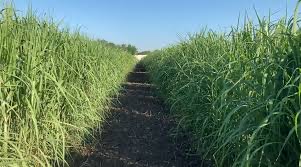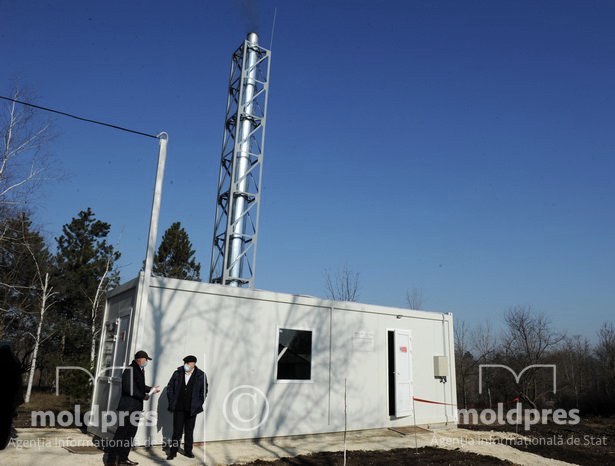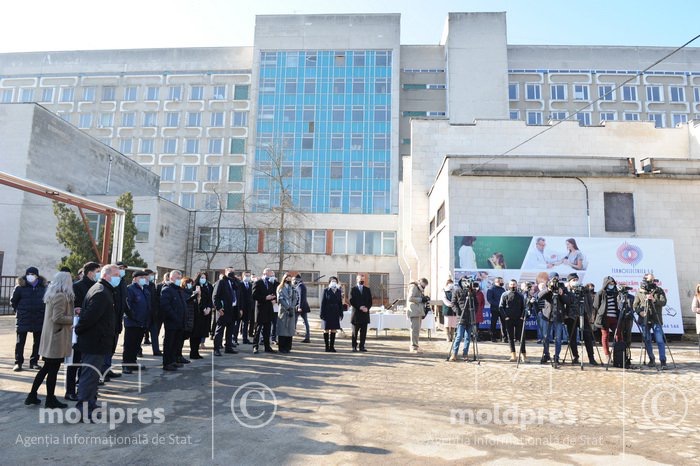The first boiler house on miscanthus in Moldova generates heat
We are providing information about an interesting pilot project.
In February, the first biomass boiler house with British agricultural technologies was officially opened in Kyshyniv. In this way, Moldova has begun to abandon expensive and climate-unfriendly imported gas and is making an important contribution to its energy security.


Features of the project
The capacity of the boiler house is 150 kW. The purpose of this pilot project is to modernize the system of centralized heat supply to RES, covering 19 more boiler houses of the network.
Accordingly, 19 boiler plants will work on unique miscanthus hybrids from Terravesta grown in Moldova. Terravesta currently supplies boiler plants with 50,000 tonnes of miscanthus per year and has already provided the scientific support of miscanthus hybrids cropping for this project.
This sustainable fuel will generate 55,000 MWh per year providing heating for 5,500 apartments, 110 houses, 40 enterprises, 12 public kindergartens, 25 educational institutions and 8 medical institutions.
The project opens up great opportunities for the production of clean energy produced from biomass, with a significant contribution to the reduction of CO2 emissions.


Importantly, new jobs will be created, economy will develop and a contribution to biodiversity will be maden. Miscanthus absorbs carbon during the growing period and improves soil health, which benefits farmers.
This is one of the examples of an effective public-private partnership: the National Agency for Research and Development and the Termoelectrica company.
In addition, experts from the leading British company Terravesta, the scientific institution IBERS Aberystwyth University, as well as the Institute of Genetics, Physiology and Plant Protection (Republic of Moldova) as the direct executor are involved in the project.
Photos: Moldpres.


